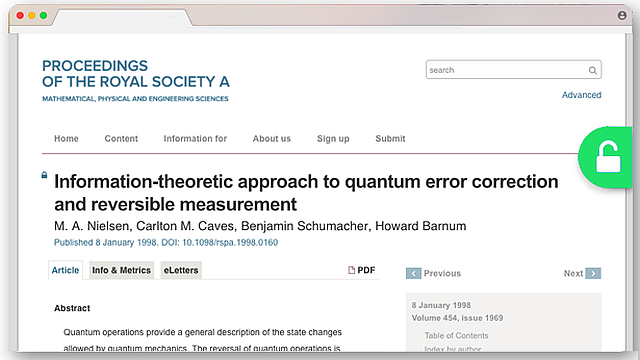
Journal review: VINE Journal of Information and Knowledge Management Systems
This article is part of a series that is progressively reviewing journals for their KM content.
| Official Journal Synopsis | VINE Journal of Information and Knowledge Management Systems (VJIKMS) explores information and knowledge from a content management/library science perspective.
Until 2015, the journal was simply known as VINE, an acronym for Very Informal NEwsletter on library automation. |
||||
|---|---|---|---|---|---|
| Publisher | Emerald Press | ||||
| Significant Figures | Editor: Professor Rongbin Lee | ||||
| Indexes | Google Scholar Issue Index CrossRef |
||||
| Issues | 197 | Ongoing? | Yes | Open Access | No |
I was very curious to learn more about the venerable VINE newsletter, founded in 1971 and still publishing nearly 50 years later — an astonishing accomplishment by almost any metric. VINE is unique among the KM journals surveyed by Serenko and Bontis by being the 6th most influential journal according the g-index and h-index academic metrics, yet fell outside the top 10 when ranked by KM experts in both 2008 and 2012. What explains this (relative) lack of love?
VINE started out as a journal with a very practical, technology-oriented focus that has evolved with time. Despite the provided journal synopsis, I didn’t find the articles to be overly oriented towards library science professionals in content or jargon. While there are still occasional papers on information science technology implementations, there has been a clear evolution towards articles that examine individual and organisational knowledge behaviour.
While the lack of open access makes it more difficult to evaluate, there are some nice pieces of empirical research from across the globe being published, such as:
- a qualitative study on the consequences of managers hiding knowledge (UAE)
- evidence that selective knowledge hiding by peers in an environment that promotes creativity and self-sufficiency (Pakistan)
- a meta-analysis of the correlation between positive attitudes towards knowledge sharing, the intention to share knowledge and the actual behaviours of knowledge sharing observed (Iran)
Available articles are accessible and clearly written. Research methodologies are sound although often limited by being administered to fairly small samples in a single company. While this does limit the ability to generalise results, these studies form essential grounding for further investigation and more in-depth development of KM hypotheses and diagnostic methods.
In summary, VINE is a workmanlike journal doing great work in foundational KM studies. It has a strong international focus and shows off some of the quiet progress being made outside of the home countries of most of the “traditional” KM experts. Definitely worth checking out.





